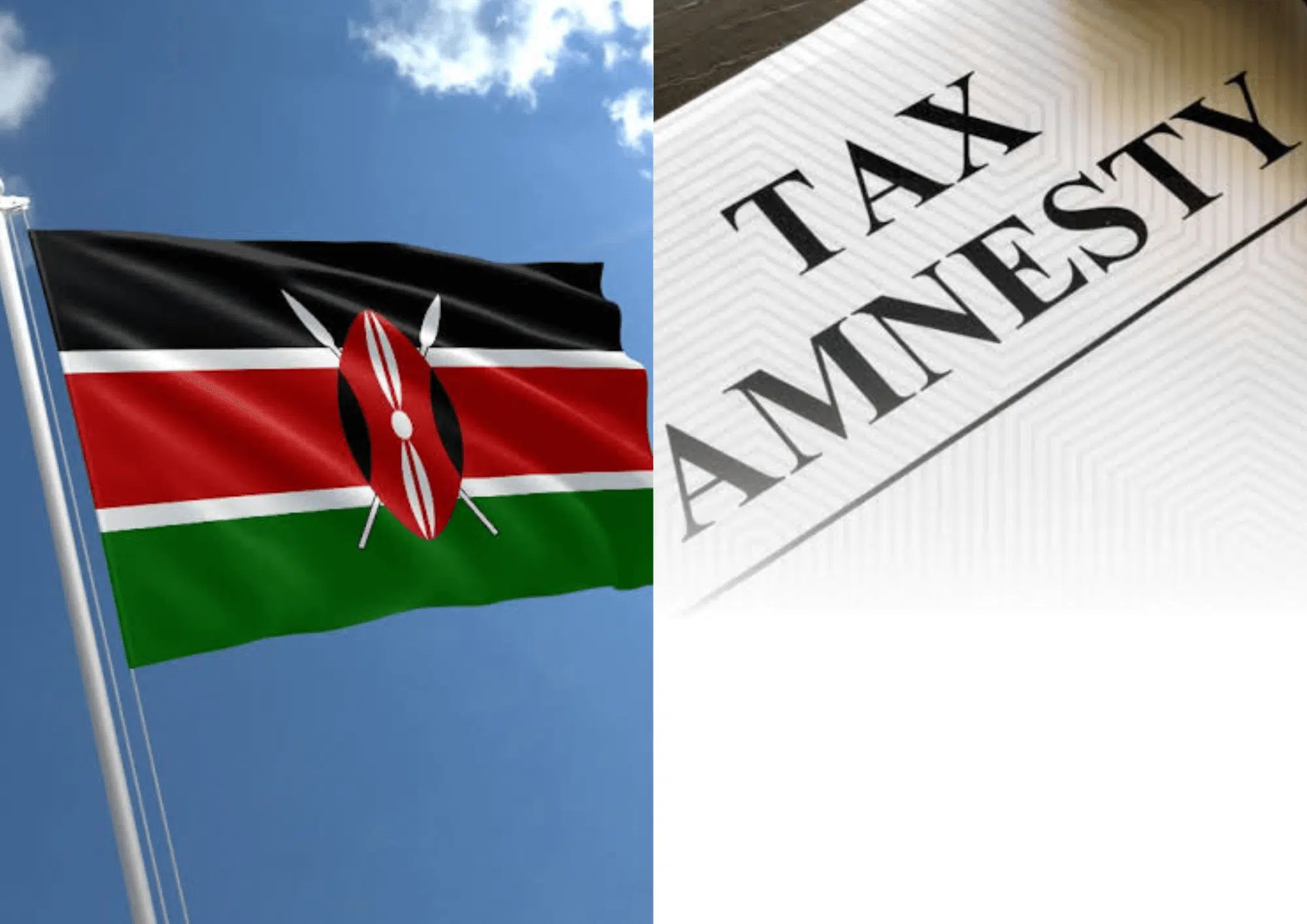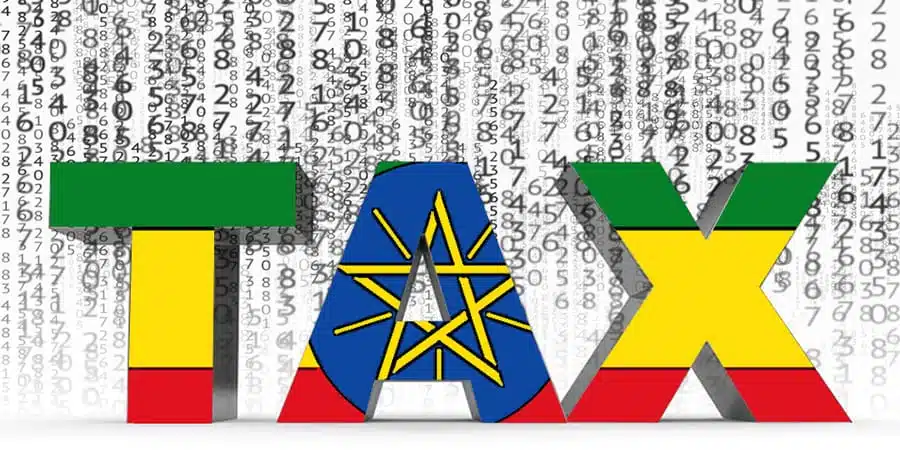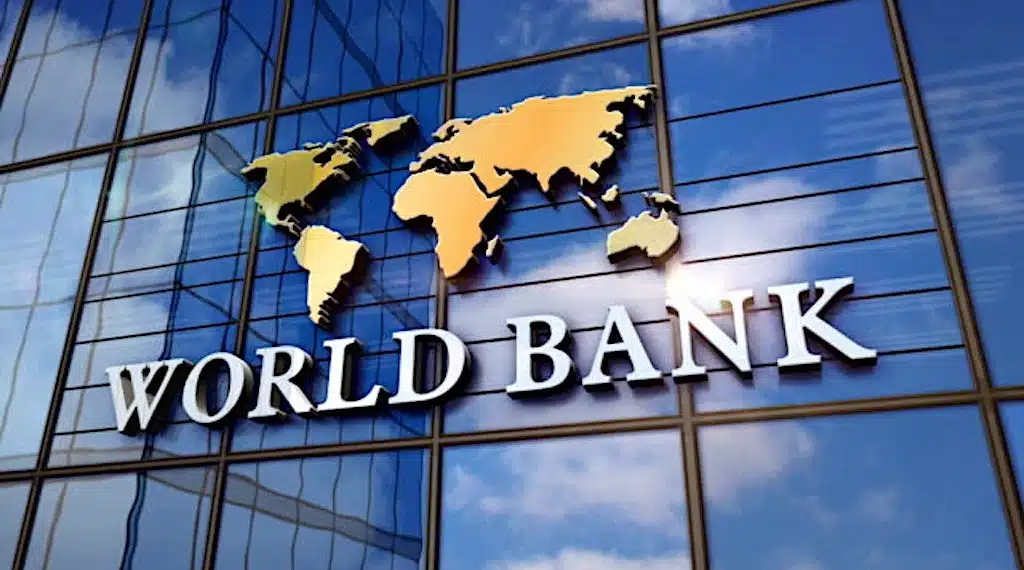Kenya’s tax system has just offered another lifeline for those struggling with unpaid taxes. A new tax amnesty program is now live, giving businesses and individuals the chance to clear their dues without facing penalties or interest, all the way through June 2025. Launched on December 27, 2024, by the Kenya Revenue Authority (KRA), this initiative promises a chance for businesses and individuals with outstanding taxes to breathe easier by offering waivers on penalties, fines, and interest accumulated before December 31, 2023.
This new program builds on the success of the previous amnesty in 2024, which saw over Sh507 billion in penalties and interest wiped out, helping over 3 million taxpayers. Under the current scheme, those who’ve already cleared their principal tax debts will automatically have their penalties forgiven. For those still holding unpaid taxes, the KRA is offering a more flexible payment plan that allows them to pay off their debts by June 2025 without additional financial burdens.
This program is like a double edged sword for companies. On one hand, it offers support for businesses struggling with unpaid taxes. The opportunity to clear back taxes without the crushing weight of penalties could provide much-needed financial relief, especially for smaller businesses that may have been facing mounting debt. The flexibility to pay in installments makes it easier for companies to manage their cash flow without the immediate strain of large lump-sum payments.
However, on the other hand lies some risks. Some businesses might treat this amnesty as a quick fix, using it to delay addressing the core issues of their tax compliance. If the underlying problems—such as poor accounting practices or financial mismanagement—are not fixed, businesses may find themselves in the same position again once the amnesty ends. Additionally, the long-term sustainability of the tax system could be jeopardized if businesses continue to depend on temporary relief instead of making lasting changes to their practices.
The broader tax system will likely benefit in the short run, as the KRA will collect overdue taxes, boosting revenue for the government. The hope is that this increased compliance will create a more stable financial base for public services. However, ensuring long-term compliance will depend on how effectively the KRA monitors businesses once the amnesty ends.






